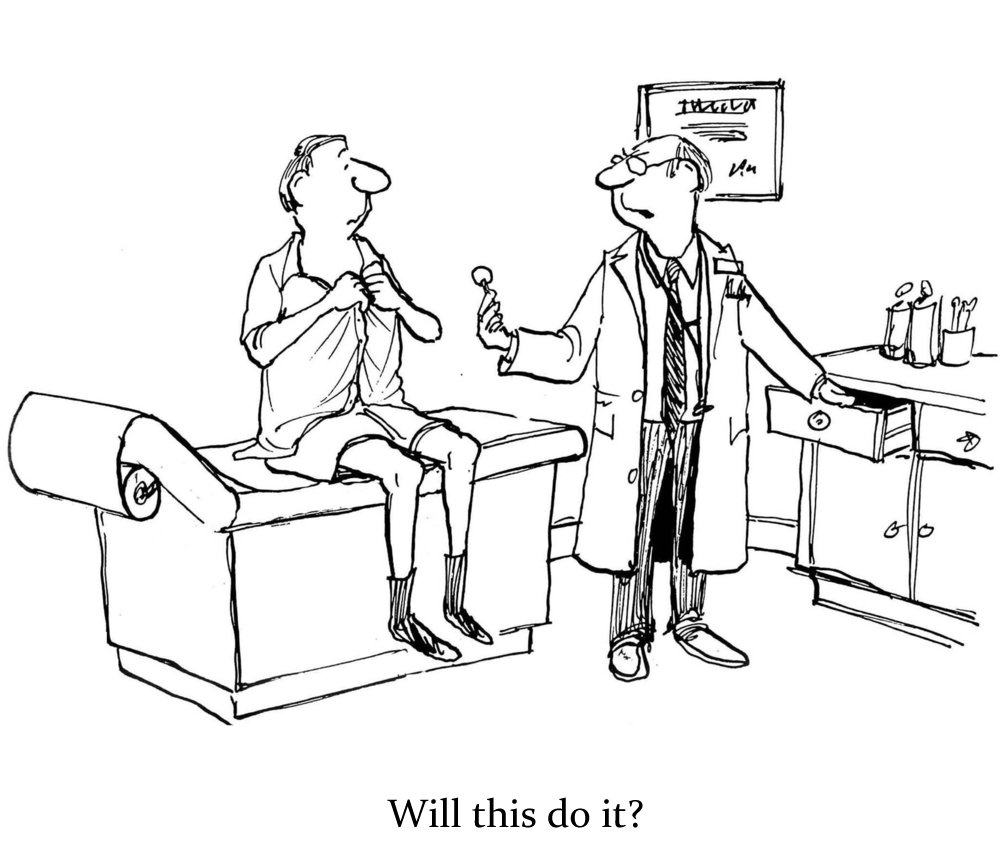The Emotional Power of Apologies
{3 minutes to read} Personal injury cases come in all stripes, though common to many of them is that the plaintiff(s) and defendant(s) don’t know each other. But what about when they do? Leaving aside medical care provided in emergency rooms, patients typically know their doctors before an event that leads to claims of medical malpractice. Patients/plaintiffs often felt they were – quite literally – in good hands before the procedure.
Some of you may recall or know of a line made popular from the 1970 novel Love Story which goes, “Love means never having to say you’re sorry.” Popular doesn’t always mean dumb, but in this case the two were synonymous.
Apologies can be important in all aspects of life – if you bump into someone on the street you probably reflexively, and sincerely, say you’re sorry. I have seen apologies work wonders at times in mediation. It has to be done in the right way and at the right time. If not, it can come across as insincere and be counterproductive. But if handled properly, it can reduce tension and establish a means for connection.
Apologies can be particularly useful in med mal cases. Like other negligence matters, these cases can range from the not very serious to the absolutely horrific. Many doctors justifiably complain of the cost of medical malpractice insurance, which can be staggering. However, people injured as a result of medical malpractice may live with the effects for years, or even a lifetime. If a patient dies, the family can be left bereft. And a med mal plaintiff typically did not contribute to the situation. It’s not like a car accident where each side might blame the other.
Hospitals and doctors used to be told by their lawyers, say nothing and admit nothing. This might even be the right advice at times. However, it can also be counterproductive, and hospitals have more recently seen the value in using mediation in med mal cases, not only because they can save on outside legal fees, and avoid possible high jury verdicts (and remember doctors sometimes win these cases). It also allows for doctors and patients/families to meet together, not only to discuss what happened, but also for apologies to be given, without any admissions of guilt. It can also allow doctors and hospitals to let patients know what they are doing to avoid such outcomes in the future.
This is not to suggest that plaintiffs (and dare I say it, their attorneys) are willing to end a matter without any compensation. But money may be one of several issues that need to be addressed. And the emotional power of apologies can lead to results that, while not perfect, meet everyone’s needs in ways far better than years of litigation, with its uncertain outcome, and create increased bitterness more than anything else.
Where have you seen apologies work? It may run the gamut from the mundane to the profound.
 |
Gary Shaffer Shaffer MediationGary@ShafferMediation.com |

